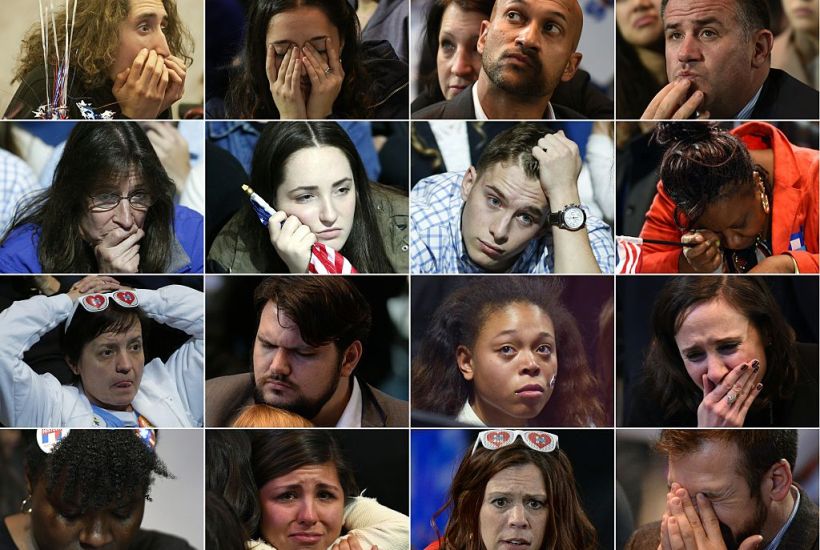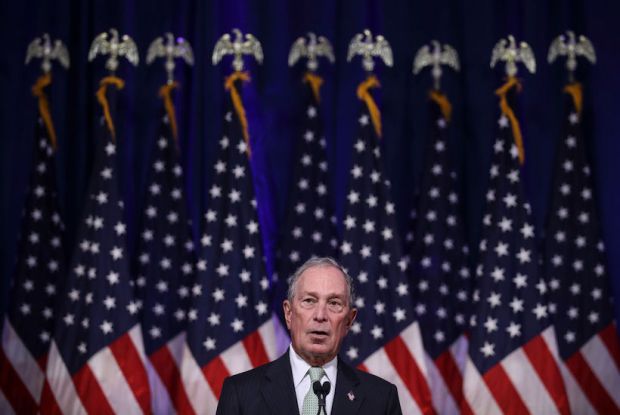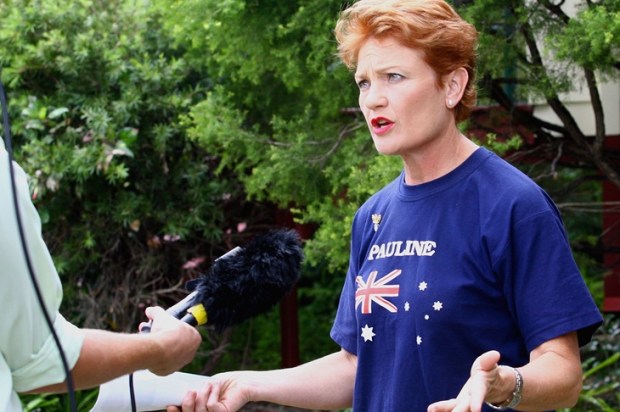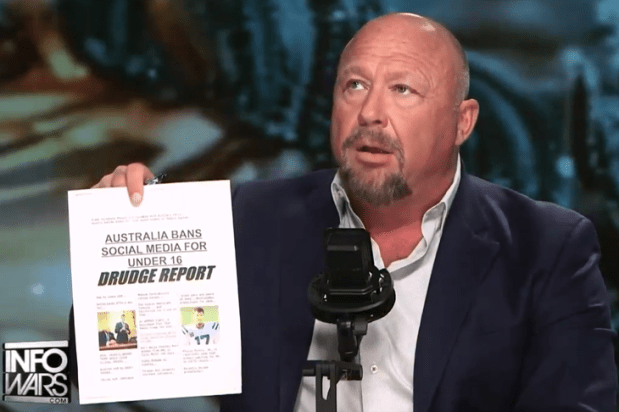Donald Trump’s election was a shock to many people. And it was a shock that continued to reverberate long after November 2016, with breathless media reports of mass despondency among the left, bordering on pathological: stress, anxiety, depression, sleeping problems, crying, loss of appetite, overeating, you name it. Take this most recent confession from the “ER” and “The Good Wife” star Juliana Margulies:
The former “ER” star told “Late Show” host Stephen Colbert on Monday night that for a while she would wake up “screaming” from nightmares after Donald Trump won the presidency in 2016…
“I was in a boardroom, there was a long table, and it was just a guy who’s in the Oval Office right now, sitting there and I walked in and I [was] screaming, screaming … I mean I was going crazy and screaming,” she said.
She soon decided to stop following the news, in hopes her Trump nightmares would end, she said…
I’m not saying that Juliana Margu-lies about her experiences, but it seems that a lot of people did:
Many registered Democrats who claimed they were suffering from mental distress after Donald Trump won the 2016 presidential election may have been embellishing a bit. A new study comparing online searches to public surveys show that a significant portion of Democrats were likely over-reporting their stress or mental health issues, but doing so as a means to back their party.
“Our research suggests that for many Democrats, expressing mental distress after the election was a form of partisan cheerleading,” write researchers Masha Krupenkin, David Rothschild, Shawndra Hill and Elad Yom-Tov in their findings. “Clearly, many Democrats were, and are, upset about the Republican victory in 2016; these findings do not invalidate those feelings but put their depth and related actions into perspective.”
This so-called “reverse” cheerleading occurs when a person misreports or exaggerates a condition publicly in order to show support for their affiliated group, or in this case, their political party. The authors say that a person’s actions in private reveal their true condition, however, and for the study, that can be determined by evaluating private search terms. In other words, a person who might describe suffering psychological distress on social media or to their friends, but doesn’t search for any type of help or relief, is more likely showing a form of reverse cheerleading.
“We find that while Democrats expressed serious mental distress about the election result on surveys, on average, the Democrats in our sample did not show an increase in mental health-related searches after the election,” the authors write. “Democrats were no more likely to search for stress relief, nor mental illness, nor treatment for mental illness before or after the election. This suggests that some Democrats reported mental health declines after Trump’s election as a form of reverse cheerleading, where partisans report evaluations that are more negative than their true beliefs to reflect badly on a president of the opposing party.”
What sort of a society do we live in that seemingly promotes and incentivises hysteria? Is this another instance of group bonding rewarded by the release of oxytocin and dopamine?
Whatever the case, remember: liberals now fake more than orgasms.
Arthur Chrenkoff blogs at The Daily Chrenk, where this piece also appears.
Got something to add? Join the discussion and comment below.

























